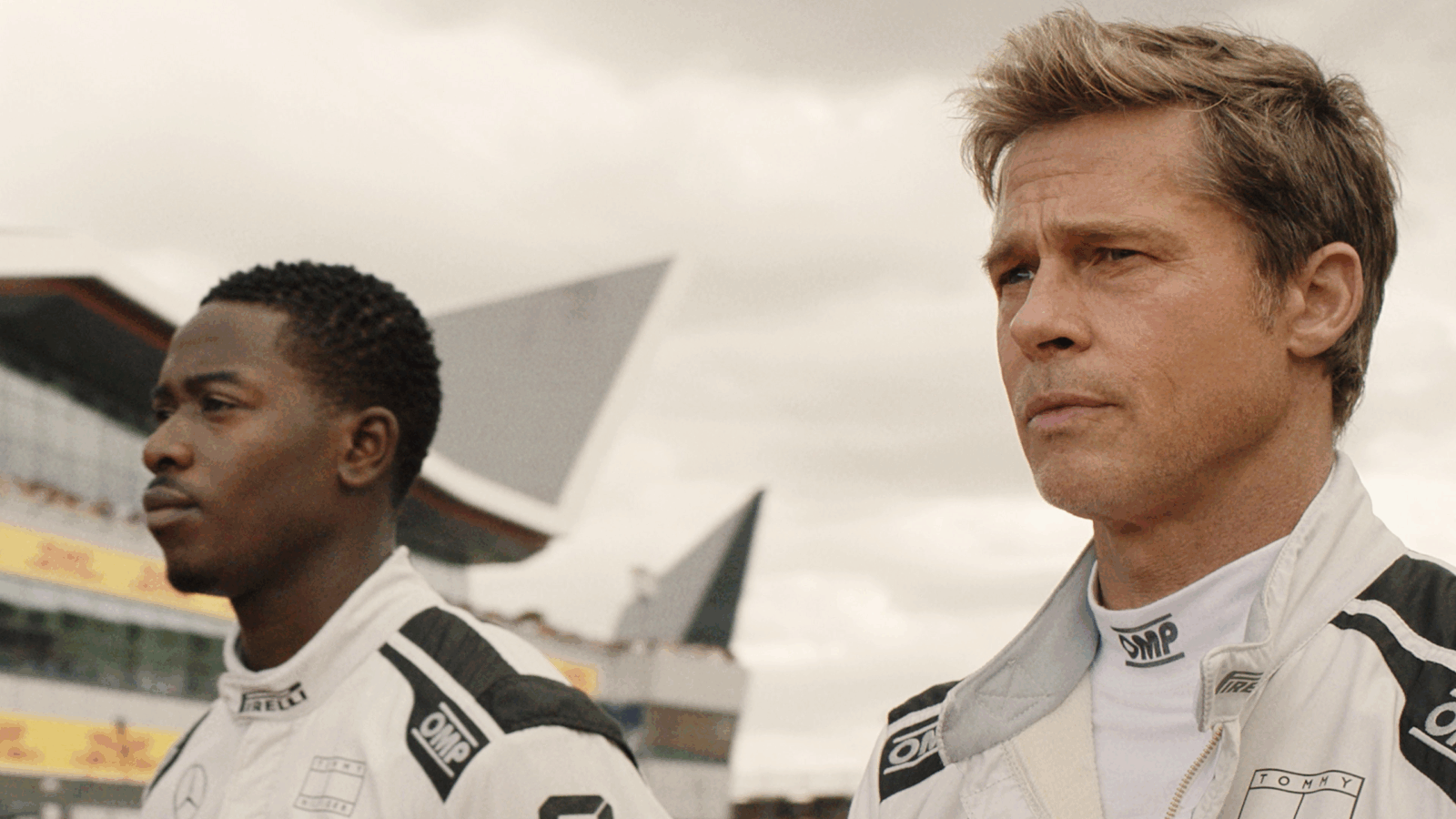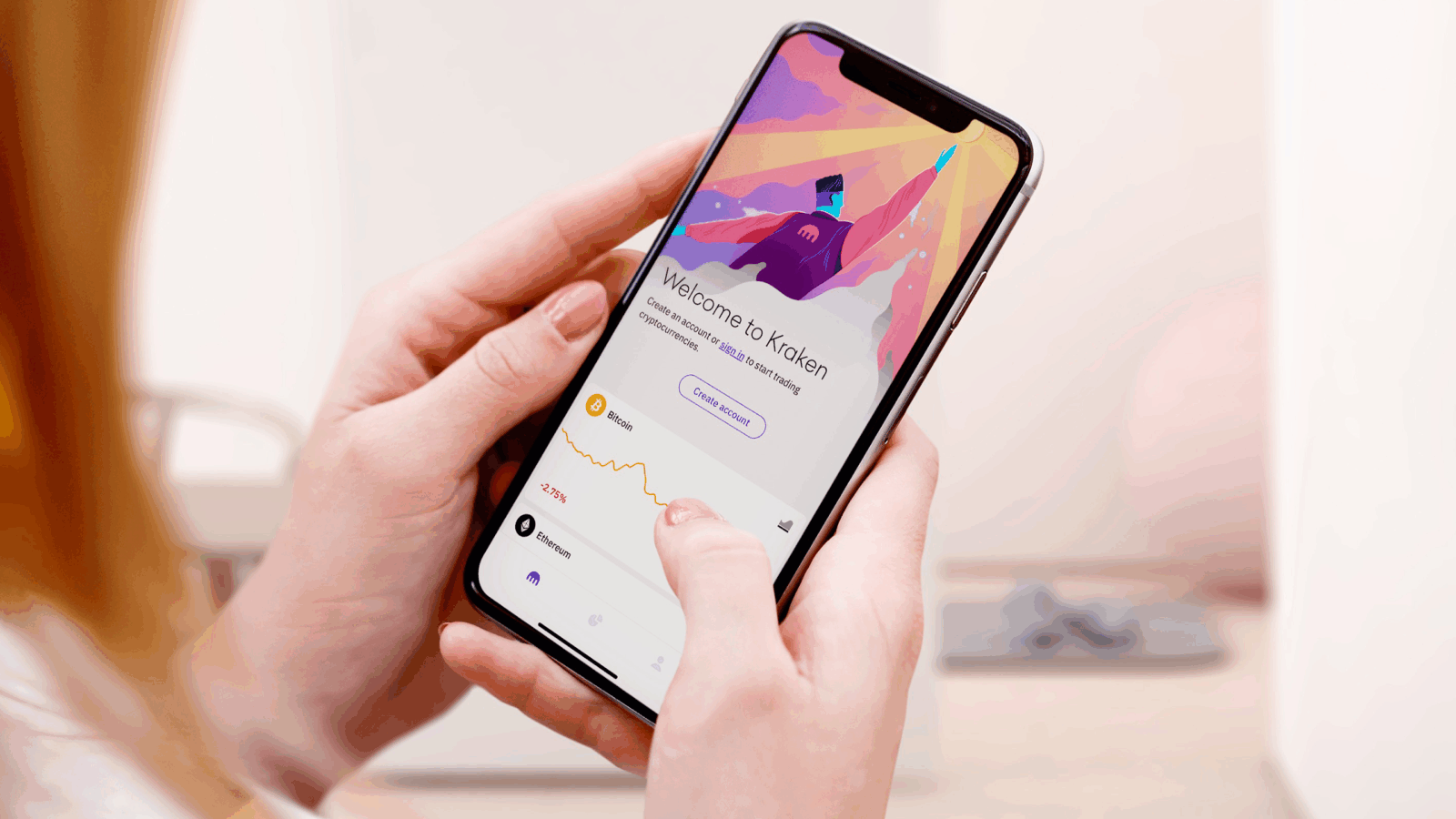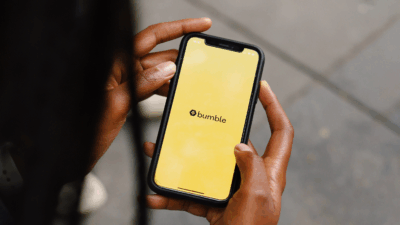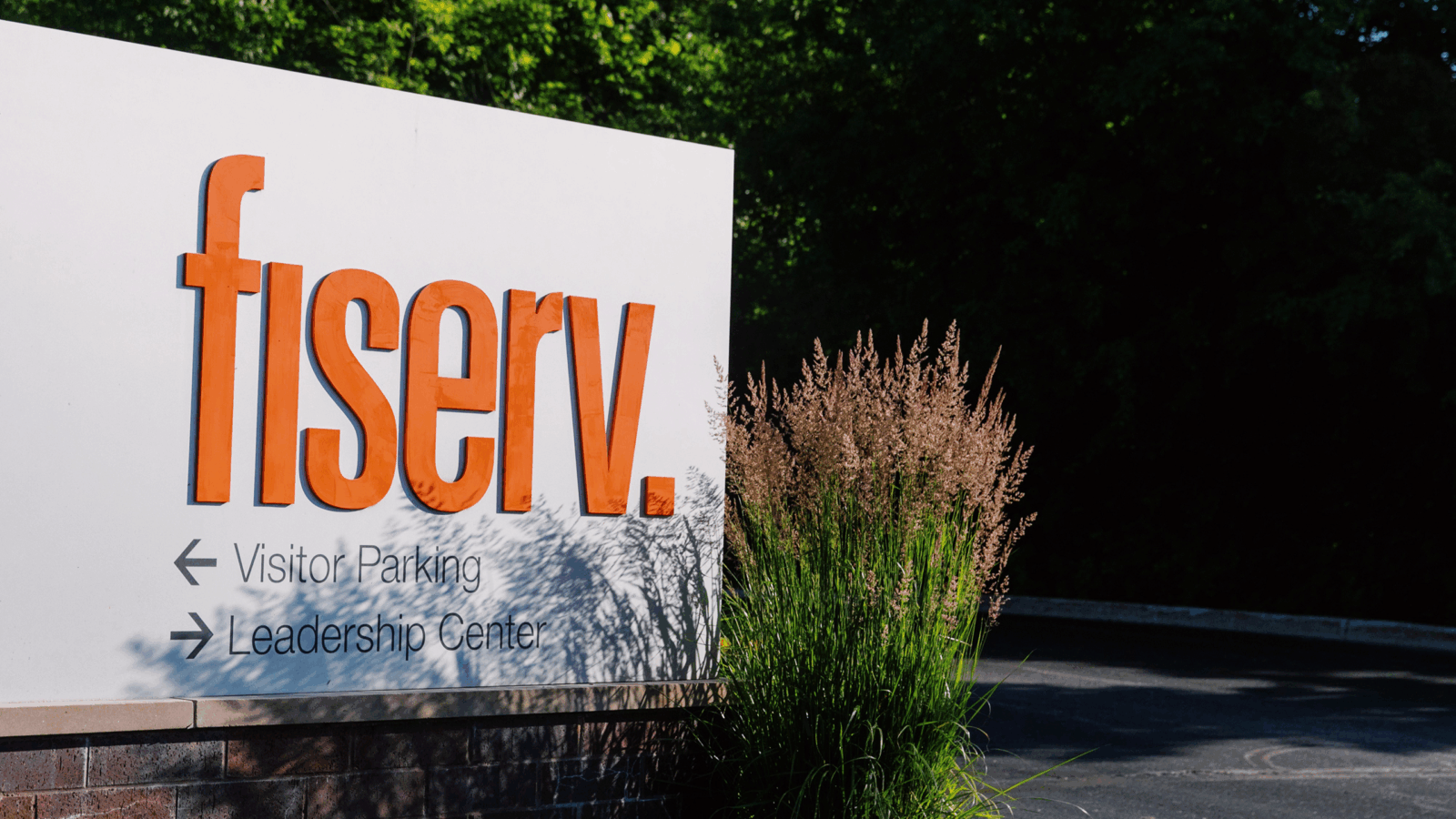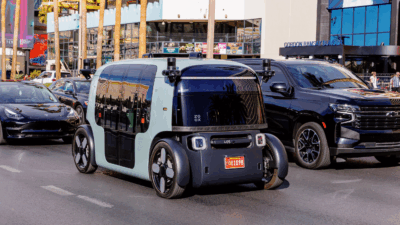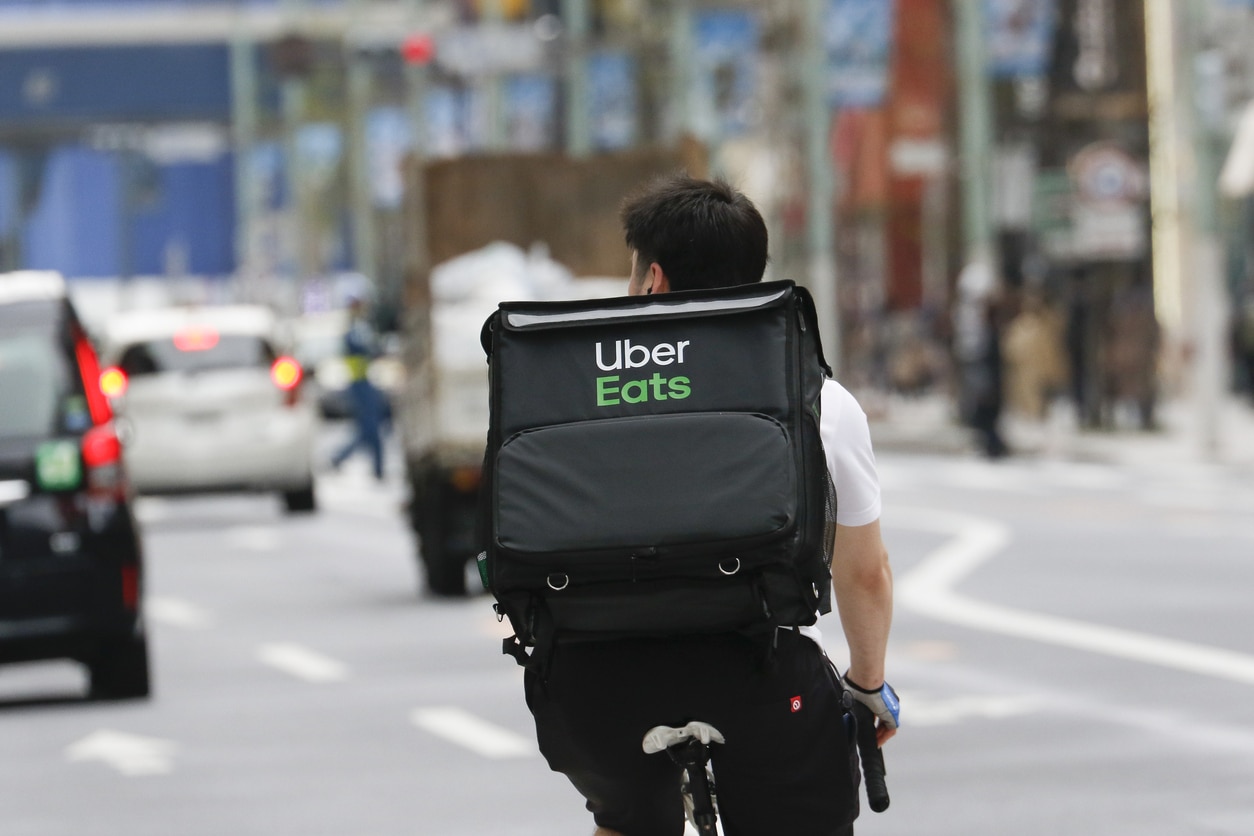
Sign up for smart news, insights, and analysis on the biggest financial stories of the day.
What goes better with a Big Mac, a Pinot Noir or a Malbec? Soon we’ll know for sure.
Yesterday Uber announced it will acquire alcohol delivery service Drizly for $1.1 billion, adding a new revenue stream to its stable of food and delivery services.
Uber for Everything
Founded in 2012, Drizly has deftly navigated a patchwork of local laws to become one of the largest players in alcohol delivery. Drizly’s delivery service for beer, wine, and liquor delivery is available in 1,400 U.S. cities.
Still, that success has made them just a minnow in the overall imbibing industry. In 2019, just 1% of U.S. alcohol purchases were made online.
During the pandemic, when opportunities for “on-premise” consumption (bars and restaurants) cratered, many consumers had an “a-ha” delivery moment. In May Drizly sales were 400% higher than historical averages. Coming off pandemic tailwinds, industry data provider ISWR believes e-commerce will account for 7% of total alcohol sales by 2024.
Strategy: For Uber, the strategy fits neat-ly into a broader delivery push:
- Last July Uber announced a deal to acquire rival Postmates for $2.65 billion.
- In Latin American and Canada it has added on-demand grocery delivery and, in the U.S., it’s expanding its Uber Health service to add prescription delivery.
The Takeaway:
Drizly shareholders should order some Dom Pérignon: in 2017, the company was valued at $73 million. It sold for more than 11 times that.
